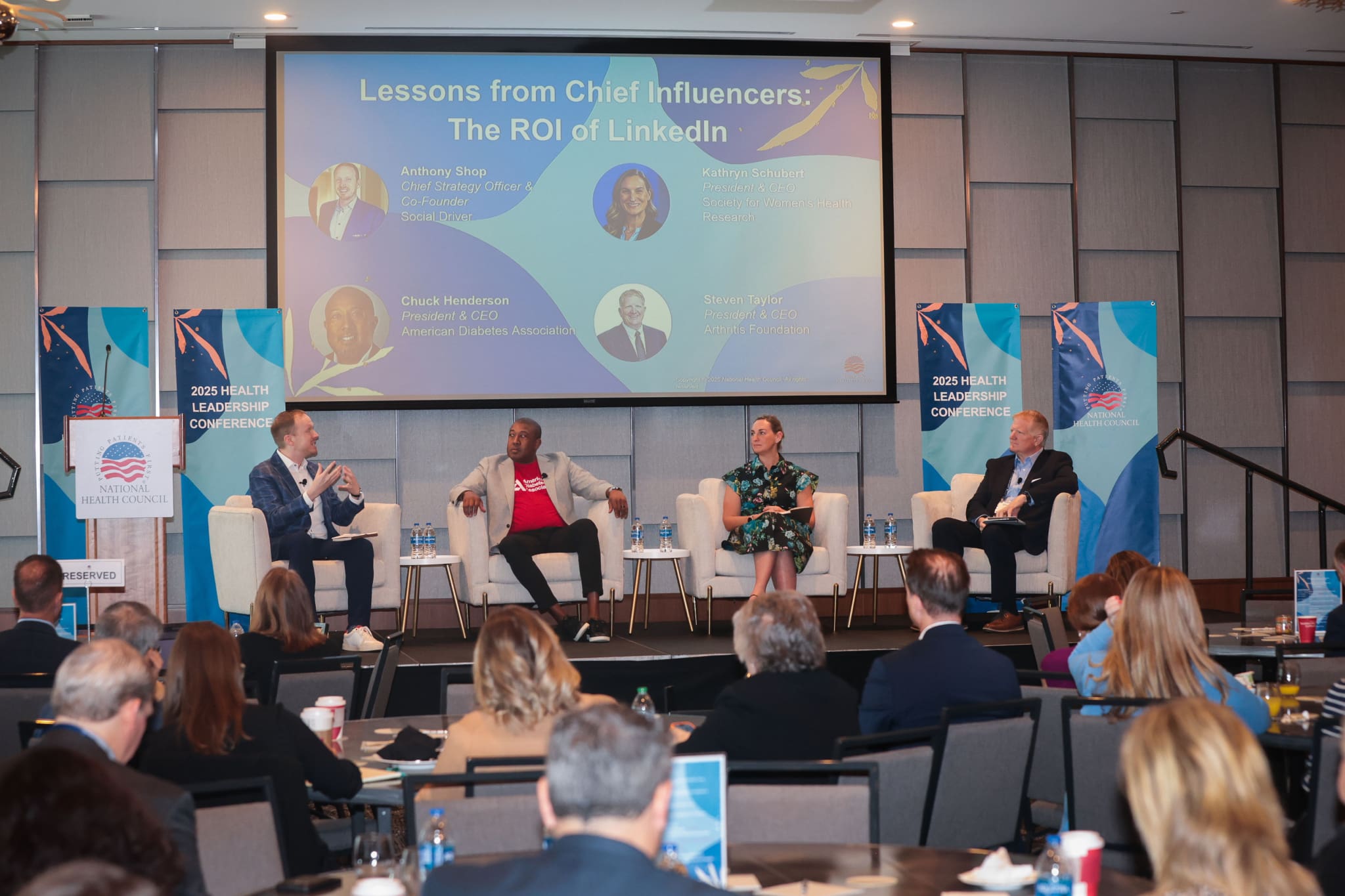The drive for greater diversity, equity, and inclusion (DEI) remains important in 2023 for the more than 1.8 million nonprofits in the nation. Lessons from social movements in recent years – particularly that institutions take stands against hate, better reflect residents in communities, and address systemic disparities – continue to be goals to implement. But doing so can be complex, especially for nonprofits that are new to these topics.

Fatima Bunafoor
So how do nonprofits implement DEI and improve policies, programs, and outreach when missions can range from charities providing emergency disaster relief to advocating for greater racial and gender equity in public policy? How do they improve?
In Pittsburgh, four Independent Sector members in the nonprofit arts world – the City Theatre Company, Mattress Factory, Pittsburgh Glass Center, and Pittsburgh Public Theater – have formed a cohort to make collective progress on these fronts. In 2022, they hired Fatima Bunafoor as the Pittsburgh Arts Cohort’s Director of Talent and Equity to serve as a facilitator. Bunafoor’s career includes work in human rights, racial justice, education, and building systems of accountability.
“The bulk of this work is to understand where these organizations are at – their budgets and long-term planning. How do we create policies to the same standard? How do we increase the diversity for the cohort and board, and patrons, as well as programming?” says Bunafoor. “It’s a great opportunity to set a standard for the field.”
Conversations among executive directors from these nonprofits started in 2021, following the start of racial, gender, and social justice movements and during the COVID-19 pandemic. The intentional focus and responsiveness from these Pittsburgh nonprofit executive directors reassured Bunafoor.
“They are invested in the work. They are willing to make the financial commitments for long-term returns,” Bunafoor says.
Each organization brings a distinct focus to the cultural arts scene in Pittsburgh, which is home to about 300,000 people:
- City Theatre Company, the largest of its kind outside of Pittsburgh’s Cultural District, produces contemporary plays to engage and challenge area residents. It also highlights young playwrights each year in a special festival. City Theatre is led by Clare Drobot, Marc Masterson, and Monteze Freeland, co-artistic directors at the company, and James McNeel, its managing director.
- The Mattress Factory, a contemporary art museum located in a former mattress factory, hosts international and local artists. They live and work on site and create site-specific installation art pieces to transform space. David Oresick, executive director of the Mattress Factory, sits on the cohort’s leadership council.
- Pittsburgh Glass Center is a state-of-the-art glass studio, gallery, and education center that is a leading nonprofit of its kind in the country. It works with artists and the public to create, gain insight about, and be inspired by glass. Heather McElwee, the center’s executive director, is a cohort leadership councilmember.
- Pittsburgh Public Theater serves the region and produces more than 120 performances each season, including classic and contemporary works. It also focuses on education, engagement, and community partnerships. Marya Sea Kaminski, artistic director, is a member of the cohort’s leadership council and represents the nonprofit.
A grant from Art Equity Reimagined’s Collective Action for Reimagining Fund is helping support this diversity, equity, and inclusion work for the four arts organizations.
When the cohort announced its formation in 2022, Hayley Haldeman, then Mattress Factory’s executive director, issued a statement about its importance: “By pooling our resources, we can meet our common challenges, while also creating an environment where we learn and evolve together.”
Bunafoor started the job last April and has dedicated her early months to understanding staff experiences, including sessions with nonprofit staff members, board members, and former employees. Among the topics that have surfaced in the conversations: Pay, hiring, promotions, and DEI education.
A former manager with the Allegheny County Department of Human Services’ Office of Equity and Engagement, Bunafoor also is working with nonprofit staff, volunteers, and community members to talk more openly and honestly about DEI – and for staff members to feel more comfortable sharing critical feedback more directly to their senior leaders about DEI and HR practices.
One of Bunafoor’s initiatives for the cohort is to train about five staff members at each nonprofit to lead the equity work. So far, this work has centered around candid conversations with staff members from the nonprofits in which they can reflect, share work experiences, and offer critical feedback – even of the nonprofits’ leaders.
“There are so many small wins we’ve seen so far,” says Bunafoor, citing, as examples, staff members engaging with the work, taking initiative to lead projects, and sharing a commitment to DEI values.
Another important goal is to engage and include more area residents in the work of the nonprofits. One example is the Pittsburgh Glass Center, which sits between two racially and economically different neighborhoods, Bunafoor says. The center has invested in providing investments and opportunities for residents. One goal is to ensure that more area residents fully enjoy the resources.
One possible solution is to create a community advisory board to include more neighborhood residents, including immigrants, English language learners, parents, and youth so that feedback and ideas are not just coming from executive directors and members of philanthropy.
“It’s about building better relationships with the community,” Bunafoor says. “These are leaders in their communities who are underrepresented. This can have a huge impact on the art scene in Pittsburgh.”
Bunafoor, who on this day was shuttling between meetings, took a moment to piece together the big-picture meaning of this DEI effort for Pittsburgh, its residents, and nonprofits.
“It’s about building on the idea that we’re all people. We drink the same water. It’s about the importance of building empathy as a central concept for DEI work. If directors have pressure from the community, we can always remember that there is power, here, in the positions they hold and relationships they choose to foster,” Bunafoor says.
“People need to feel validated, acknowledged, and heard. This is the type of work we need.”
Fatima Bunafoor also is an Independent Sector Bridging Fellow, a two-year program supported by Walmart, to provide changemakers in Chicago, Dallas, and Pittsburgh the opportunity to strengthen individual and collective leadership capacity and grow networks. Walmart is an Independent Sector member.
Bradley Wong is director of strategic communications and public relations at Independent Sector. The top photo is courtesy of Mattress Factory. The image, made by photographer Tom Little, shows “Under the table,” an art piece created by Veronika Rudyeva-Ryazantseva. Learn about other Independent Sector members and becoming a member.



